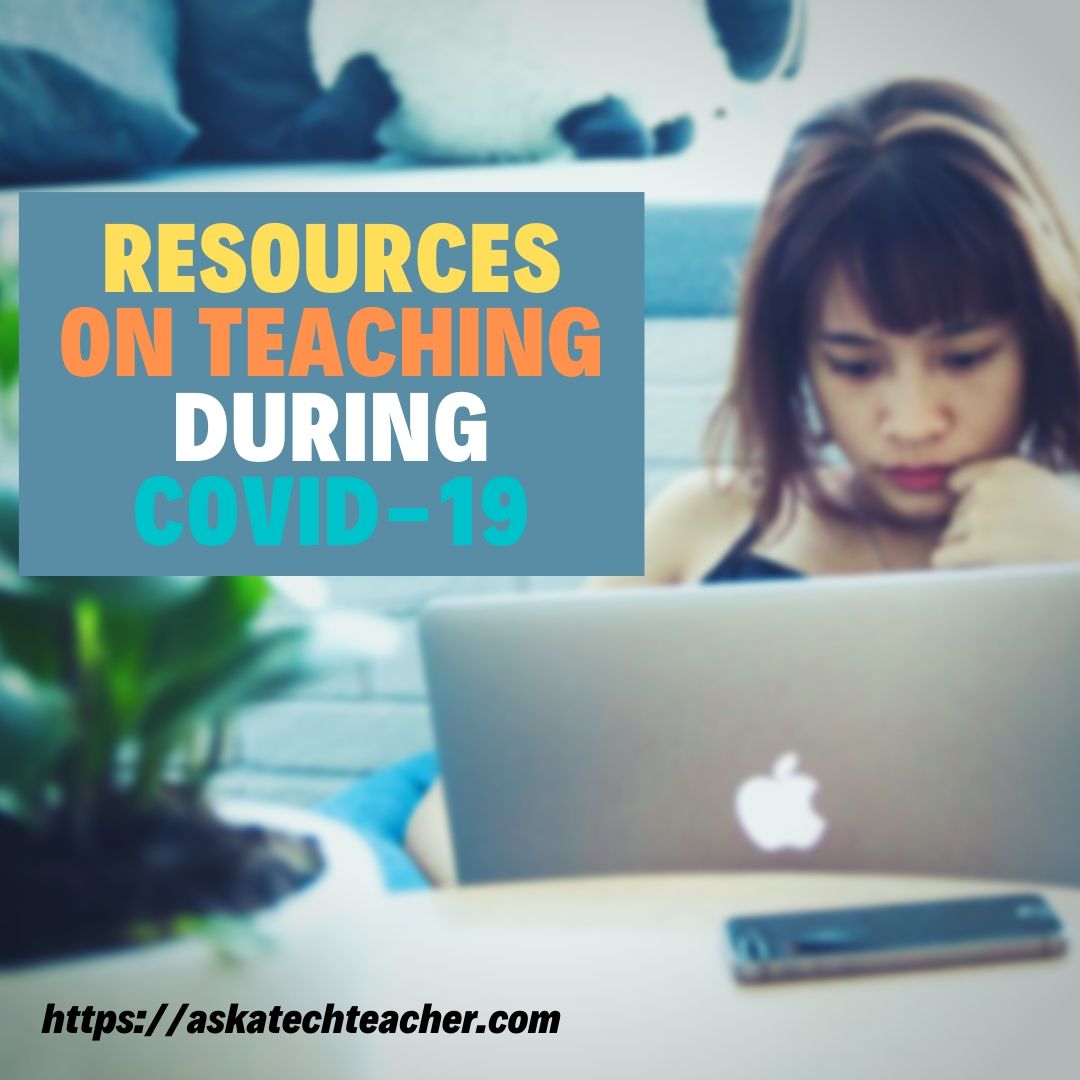Ask a Tech Teacher contributor, Alex Briggs, has an interesting take on summer school, why you should start thinking about it now–in the Fall–and how to do that. I think you’ll find this interesting:
Helping students to select the right summer school
 School has just gotten back into session so it seems like an odd time of year to talk about summer school, right? Everyone is just now reacclimating themselves with the school routine, and the last thing kids ever want to talk about is more school.
School has just gotten back into session so it seems like an odd time of year to talk about summer school, right? Everyone is just now reacclimating themselves with the school routine, and the last thing kids ever want to talk about is more school.
But here’s the thing: Summer schooling is one of the most beneficial investments a teen can make into their educational future. Studies have shown that the lazy summer months have a massive impact on learning loss. If a teen stays engaged in their academic pursuits during the summer months – even if they’re only a few hours a week on academics – they will have a huge advantage going into the next school year and any upcoming standardized tests.
Summer schooling is something that should excite students as well, so long as they choose the right summer program. Where grade school can feel a bit repetitive to students at times, summer school can be highly privatized to help a child find and follow the fields of study that interest them. Considering the fact that up to half of all college students enter college undecided on their major, this is another perk that will help students as they try to find the right college for them.
That makes the fall a great time to start looking at summer schools. By keeping summer school in mind now, students can start thinking about what subjects interest them without the pressure of hasty applications. If you’d like to help guide a student towards the right summer schools, here’s what you need to consider.
Research their interests
Let’s say a student has an interest in architecture.
A license in architecture is going to require some specific skills. A strong mathematical background is crucial; algebra, statistics, and probability are all going to play a huge role in an architect’s ability to do their job. A background in historical architectural designs will be extremely helpful as well.
But the demands of becoming an architect go further than that. Getting a college degree won’t make an architect; they have to go through the National Council of Architectural Registration Boards (NCARB) to earn their license. The NCARB has its own registration exam that goes beyond what’s learned in college.
These are the things that a student has to consider. It requires time; and oftentimes, teenagers don’t have an interest that is as defined as “I want to study architecture.” That’s why it’s smart to start thinking about it early in the school year. Parents and teachers can help them to frame their thoughts as the school year goes along. If they encounter a lesson that appeals to them, tell them to write it down. Over the course of a month or two of school, it’s easier to identify interest and begin properly investigating those topics.
Help students to identify weaknesses
Every student will have their strengths and weaknesses in school.
The funny thing is that these weaknesses don’t always make themselves known on test scores. A student can flourish on a math test, for example, but have struggled to remember certain steps of the mathematical processes that they’re using. In this scenario, the grade doesn’t reflect the fact that they’re having some difficulty understanding the theory behind their work.
Whether it’s difficulty with the theoretical knowledge of mathematics or understanding how things relate to one another, there’s always a way for teenagers to improve their academic skills. A good way to spot these weaknesses is with the right line of questioning. For example, what subjects or problems do they put off when doing homework? What processes agitate them? If they’re struggling consistently with a certain process or formula, it’s worth making a note. A word of caution, though: examining one’s own weaknesses can be discouraging. Be sure to frame this in a constructive way for students and to also emphasize their strengths.
Find a program that challenges the student
It’s important to match a student with a program that specializes in their interests. Otherwise, they’ll lack the enthusiasm to truly take advantage of the opportunity. But beyond that, make sure that the program challenges them in the right ways.
Let’s go back to our architectural example. It’s important to choose a program that offers a realistic look at what a career would feel like in that field. That’s the nice thing about summer schools; there are summer schooling programs specifically for architecture. Some will even allow the students to stay on campus and get a glimpse into what college life would be like as they pursued that major.
There are other ways to challenge a student, too. Providing them with experiences that they’ve never had goes a long way. If their family has stayed in one location for their entire education, for example, it can be beneficial to pick a program that has them living without their parents’ aid for a week or two.
The biggest challenge that you can provide, however, is ultimately leaving the choice in the student’s hands. Their parents have had a heavy hand in their education all throughout their younger years; guide them into a few intelligent choices, but let them make the final decision. It can help them grow more than anything else.
@study_breaks
@BrookingsInst
More on summer learning
5 Favorite Apps for Summer Learning
Seven Fun Math Activities for the Summer Break
6 Tech Activities for Your Summer School Program
Jacqui Murray has been teaching K-18 technology for 30 years. She is the editor/author of over a hundred tech ed resources including a K-12 technology curriculum, K-8 keyboard curriculum, K-8 Digital Citizenship curriculum. She is an adjunct professor in tech ed, Master Teacher, webmaster for four blogs, an Amazon Vine Voice, CSTA presentation reviewer, freelance journalist on tech ed topics, contributor to NEA Today, and author of the tech thrillers, To Hunt a Sub and Twenty-four Days. You can find her resources at Structured Learning.



































